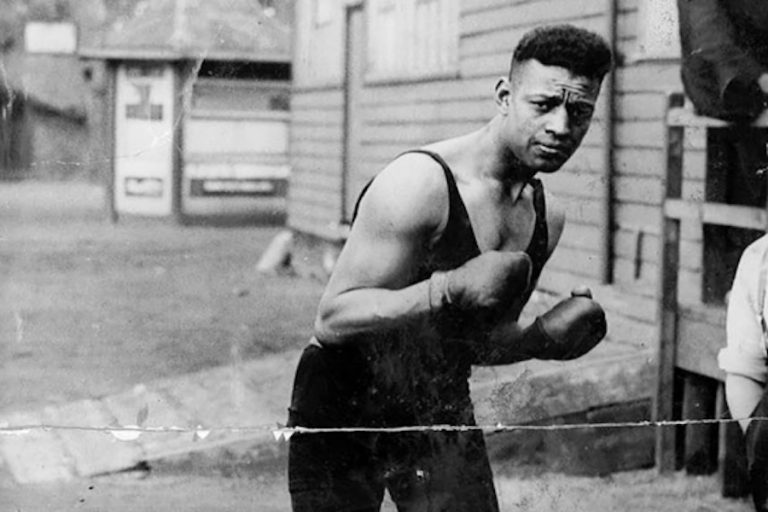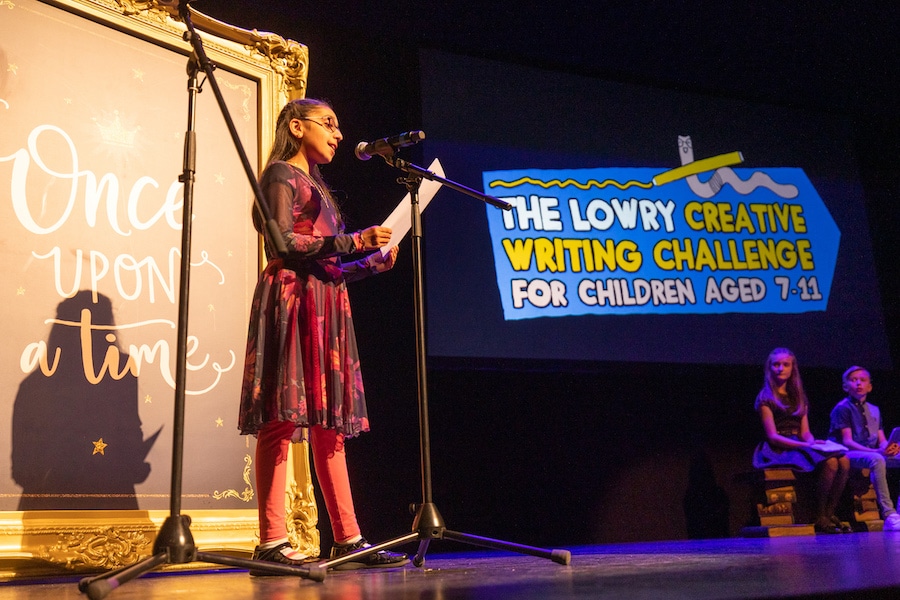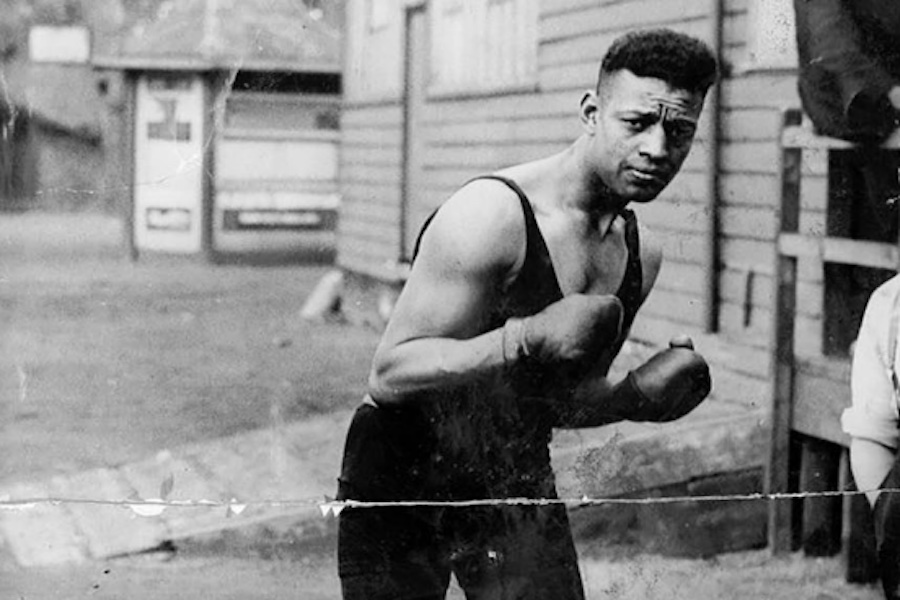King Eric Cantona: Seagulls, trawlers and a kung-fu kick that shocked the world
- Written by Thom Bamford
- Last updated 2 months ago
- City of Manchester, Cornerstone, Culture, Featured, Man Utd
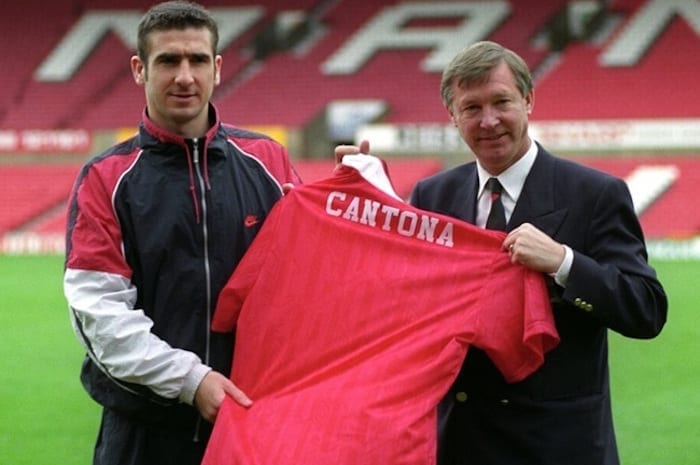
It’s been 30 years since Eric Cantona leapt into football folklore with a kung-fu kick that shook Selhurst Park and, quite possibly, the entire footballing world.
On 25th January 1995, Manchester United’s mercurial Frenchman did the unthinkable—and football hasn’t stopped talking about it since. The man was box office. You never knew if he would score an absolute worldie, showcase his immense skill, or have a complete meltdown. We all know which one it was that day.
In many ways, the flicker of madness against Crystal Palace was one of the most iconic moments of Cantona’s career, his life, and the mythos that surrounds him to this day. “My best moment? I have a lot of good moments, but the one I prefer is when I kicked the hooligan,” said the King years later, a quote as sharp and uncompromising as the man himself.
Eric Cantona
The game at Selhurst Park was, to put it kindly, uninspired. United, mired in a season of frustration, faced a physical Palace side—a team whose defensive style could generously be described as “persistent” and less generously as “brutal.”
Cantona, the talismanic playmaker, was a marked man. Palace defenders Richard Shaw and Chris Coleman dished out tackles that wouldn’t have looked out of place in a wrestling ring. Referee Alan Wilkie, however, kept his cards firmly in his pocket.
When Cantona was sent off early in the second half for a retaliatory kick at Shaw, the match looked like just another frustrating evening for United. What happened next ensured it would go down in history.
The kung-fu kick that shocked the world
As Cantona walked off, his infamous turned-up collar finally turned down, a Palace fan named Matthew Simmons thought it wise to hurl a racist insult from the front row.
Simmons reportedly shouted, “Go back to France, you French motherf****r!” That was the moment Cantona decided words weren’t enough. He launched himself into the crowd, delivering a flying kick that would have made Jackie Chan proud, followed by a flurry of punches.
The fallout was immediate. Cantona was banned until the end of the season and fined two weeks’ wages (£10,800, a pittance by today’s standards).
Yet even as he was punished, the incident cemented his status as a footballing anti-hero.
A divided reaction
The kick polarised opinion. Some, like The Mirror, lamented “the night football died of shame,” while others, including United’s fans, saw Cantona as a hero standing up to the ugly face of football fandom. Years later, Richard Williams of The Independent would famously quip, “Eric Cantona’s only mistake was to stop hitting him.”
In an era before social media, the story still dominated headlines for weeks. It was dissected on television, in newspapers, and even by schoolchildren interviewed for the BBC. Cantona, however, had the last word. At a press conference following his two-week prison sentence—later reduced to community service—he delivered the cryptic “seagulls following the trawler” speech, which only deepened his mystique.
Sir Alex Ferguson’s reaction
Alex Ferguson, United’s manager and Cantona’s fiercest defender was initially tempted to cut his losses and sack the Frenchman. But after a heartfelt conversation with his wife, Cathy, he flew to Paris to convince Cantona to stay.
Over good food and wine in a closed-off restaurant, Ferguson secured Cantona’s return—a decision that would prove pivotal in United’s history.
Cantona came back stronger, leading United to the Premier League title in 1995-96 with the kind of swagger only he could pull off. His redemption arc, capped by a decisive goal in the FA Cup final, became the stuff of legend.
Eric Cantona – Manchester United Legend
Cantona scored 82 goals for Manchester United and won four league titles and two Doubles. Yet his most memorable moment remains that audacious, defiant kick. It epitomised everything about him: instinctive, theatrical and utterly unforgettable.
Today, as we look back three decades, the incident is no longer just a moment of madness. It’s part of the tapestry of football history, a flashpoint that highlights both the game’s passion and its pitfalls. For United fans, it’s a reminder of a player who was not just great but larger than life.
Cantona said it best: “The most important thing for me is that I was who I was. I was myself.” Thirty years on, that’s why we’re still talking about him.
- This article was last updated 2 months ago.
- It was first published on 22 January 2025 and is subject to be updated from time to time. Please refresh or return to see the latest version.
Did we miss something? Let us know: press@ilovemanchester.com
Want to be the first to receive all the latest news stories, what’s on and events from the heart of Manchester? Sign up here.
Manchester is a successful city, but many people suffer. I Love Manchester helps raise awareness and funds to help improve the lives and prospects of people across Greater Manchester – and we can’t do it without your help. So please support us with what you can so we can continue to spread the love. Thank you in advance!
An email you’ll love. Subscribe to our newsletter to get the latest news stories delivered direct to your inbox.
Got a story worth sharing?
What’s the story? We are all ears when it comes to positive news and inspiring stories. You can send story ideas to press@ilovemanchester.com
While we can’t guarantee to publish everything, we will always consider any enquiry or idea that promotes:
- Independent new openings
- Human interest
- Not-for-profit organisations
- Community Interest Companies (CiCs) and projects
- Charities and charitable initiatives
- Affordability and offers saving people over 20%
For anything else, don’t hesitate to get in touch with us about advertorials (from £350+VAT) and advertising opportunities: advertise@ilovemanchester.com

Meet the charity fighting for Manchester’s most vulnerable young women

A ‘new era’ for Tommyfield Outdoor Market beckons as council confirm £2m upgrade


Discover the joy of plant-based cooking with the Vegetarian Society
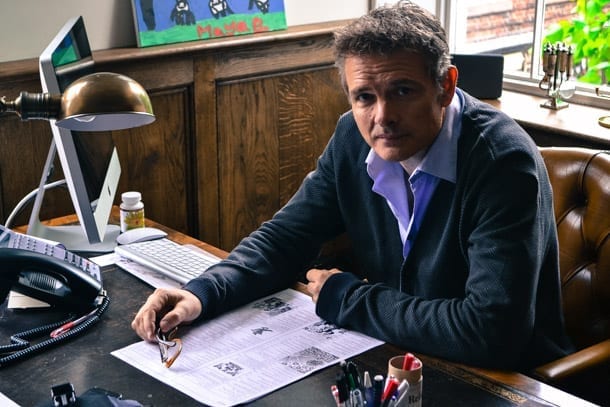
Tim Bacon tribute – a man who changed the landscape of popular dining
